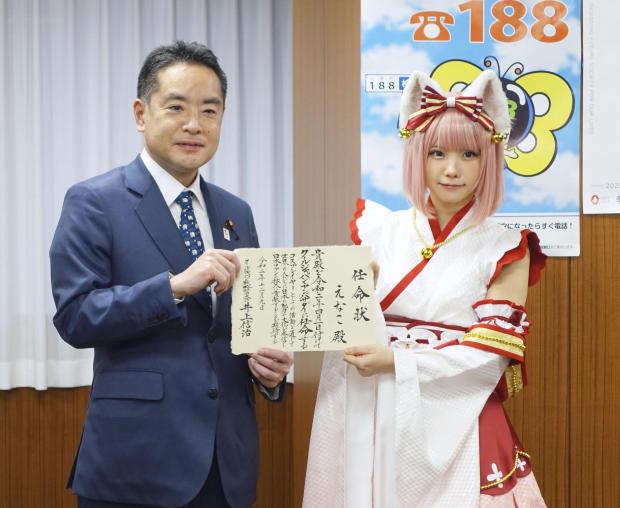Is there a copyright fee for cosplaying as an anime or game character? The Japanese government has begun to develop rules to prevent cosplay, which is becoming popular overseas, from becoming a copyright problem.
If the cosplayer makes a profit, their relationship with copyright law is ambiguous. We expect the government to include this as part of the Cool Japan strategy to sell Japanese culture overseas, and will support active development.
Japanese animation has many overseas fans, and the number of cosplay events has increased. If cosplay is for non-commercial purposes, it does not violate copyright law, but if one posts photos on social media sites such as Instagram to earn money, or get rewards at events, there is a possibility of copyright infringement.
Shinji Inoue, Minister of Strategy for Cool Japan, pointed out these issues at a press conference at the end of last year. “Cosplay has expanded its base as a culture. We have to show the ideas of the country,” he said. The government has already begun hearing opinions from officials on the side of the original author and popular cosplayer Enako, who has been appointed as the ambassador of Cool Japan.

The government is looking for ways to protect copyright without overwhelming cosplay culture. If the application of copyright law is too strict, cosplay may die out. In the first place, it is difficult for cosplayers to get permission to use it because there is no contact with the original author.
At the moment, we do not anticipate amendments to the law, and a plan to raise awareness by clarifying cases where copyright royalties are required emerges. Even in the Liberal Democratic Party, Taro Yamada, Deputy Secretary-General of the Intellectual Property Strategy Study Group, said, “We need a mechanism that both parties can enjoy with peace of mind,” and proposes to develop a database that allows copyright holders to be easily searched.





